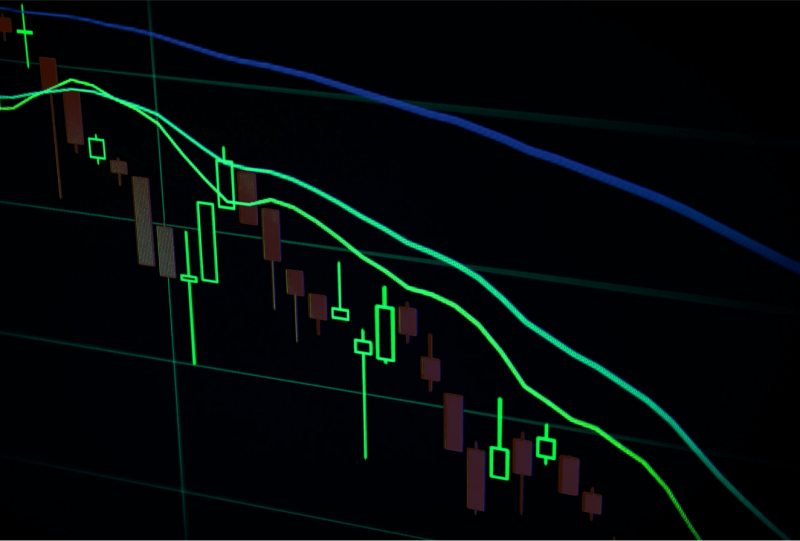Dark Pool Liquidity: Notion, Purpose, and Pros
Aug 10, 2021

Liquidity is among the crucial factors that impact a brokerage or exchange company’s success; this is why both beginners and experienced business owners take a string of measures to provide traders with the highest liquidity.
Liquidity Pools for FX brokers and crypto exchange
Liquidity providers (LPs) frequently unite diverse institutions to provide brokers and exchanges with access to the highest liquidity volumes. For instance, Tier 1 Forex LPs connect your brokerage business with giant banks and funds that control billions of dollars. Those major players execute your traders’ orders within milliseconds, no matter whether a trading pair is popular or exotic enough.
As for cryptocurrencies, the notion of liquidity refers to a certain amount of assets locked by LPs to help traders buy and sell digital currencies any time they want.
Aside from the understanding of liquidity from this viewpoint, both brokers and exchanges may connect their businesses to dark pools of liquidity (DPL).
What is a dark liquidity pool: diving into the terminology
In general terms, dark or black pools of liquidity mean trading volumes that are not publicly accessible. Most of the deals are made by major financial players outside public platforms, and this factor makes those deals anonymous.
As such, DPLs make it possible to hide the information about deal parties, prices, volumes, and even the fact a deal has been made. For instance, traditional financial markets are transparent, and participants wishing to make a high-value deal need to cut it into a set of smaller ones to hide it. Black pools of liquidity enable parties to hide all the information easily.
Such platforms offer the same rules as traditional brokers and exchanges: there are bid and ask orders, time priority; meanwhile, prices and traders are not displayed. This said such a pool is filled by the dark water, and when a participant dives, he (she) sees no other players and market potential.
The following ways of a DPL creation are distinguished:
1) A deal is executed by a bunch of smaller companies simultaneously that hide the intentions of major players.
2) A broker establishes a platform for such deals.
3) An exchange enables users to make anonymous deals.
Pros and cons of Dark Pools of Liquidity
While talking about the key advantages of DPLs, the following aspects are pointed out:
1) Such pools minimize the impact of giant deals on a market. That is a financial law when institutional investors and other major players come to the market and buy or sell large blocks of assets, the market moves in a certain direction. DPLs exclude such a situation.
2) Major players face better prices. A dark pool liquidity invites large players only; this is why participants get more chances to have their orders executed at higher prices than on publicly accessible platforms.
3) Deals made inside dark pools are not charged fees; this said participants cut their expenses.
As for the cons of these pools, experts highlight the following weak points:
1) Price difference. If we compare prices on anonymous and public platforms, they may diverge essentially.
2) Dark liquidity pools are not transparent; this is why inefficiency of trading, abuses, and conflicts of interest are possible on anonymous platforms.
As such, dark liquidity pools open new horizons for major players; meanwhile, those platforms are characterized by a string of weak points, as well.




